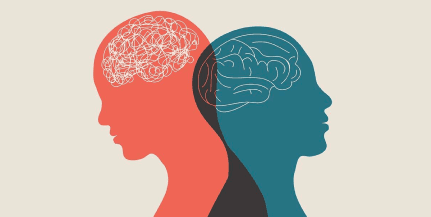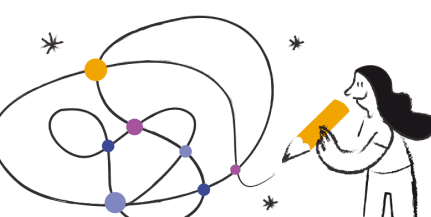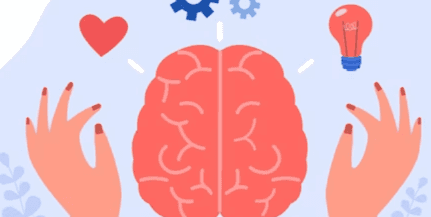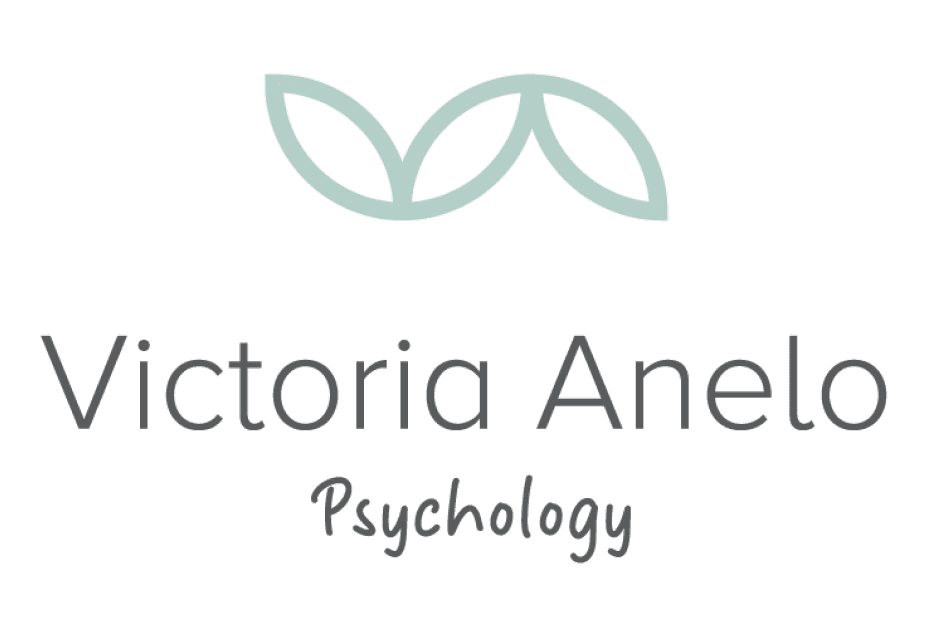Stress: understand what it is and learn strategies to overcome it
Stress, often perceived as a villain in our daily lives, can also be a necessary push for growth and adaptation; in this article, we will explore how this complex response can be both a hindrance and an ally on our path to well-being.
Is stress truly our enemy, or can it become an unexpected ally in our lives? The answer is ambivalent. While chronic and unchecked stress can be detrimental to our health and well-being, moderate and properly managed stress can act as a catalyst, pushing us to face challenges, adapt, and grow. It's essential, then, to understand and balance these two sides of the same coin. In this article, we'll provide you with practical strategies to find that balance and turn stress into your ally.
Understanding stress: origins and types
To effectively address stress and transform it from a feared enemy to a helpful ally, we must first understand its nature and origin. We often hear about stress as if it were a monolithic entity, but in reality, it's a multifaceted response of our body to certain situations.
At its core, stress is a physiological and psychological reaction to situations that we perceive as threatening or challenging. It originated as a "fight or flight" response in our ancestors, allowing them to react quickly to imminent dangers, such as the presence of a predator. This response involves a series of changes in the body, from an increased heart rate to the release of hormones like cortisol. In the modern context, we don't always face physical threats, but our body still reacts similarly to emotional or psychological challenges.
Diversity of stress: beyond a single definition
When we talk about stress, we are not referring to a single experience or feeling. In fact, stress manifests in various ways and can be classified into different types, each with its own characteristics and effects on our health and well-being. Recognizing and understanding these types allows us to address them more effectively and tailor our responses based on the situation.
Acute stress: This is the most common form of stress and arises from the demands and pressures of the recent past and the anticipated demands of the near future. While it can be thrilling and vibrant in small doses, too much acute stress can be draining. A sudden trip, an argument, or even an adrenaline surge during a horror movie can trigger this type of stress.
Episodic acute stress: There are individuals who suffer from acute stress frequently, not sporadically. These are typically individuals who lead a chaotic, disorganized life, always in crisis. They can be temperamental, irritable, anxious, and might have a volatile temperament due to stress.
Chronic stress: This type of stress drags on for extended periods and results from constant unresolved problems. Chronic stress can lead to serious health problems, such as heart diseases, diabetes, immune system disorders, among others. It's the most harmful type of stress and can be the result of past traumas or persistent present circumstances.
Eustress vs. distress: As previously mentioned, not all stress is bad. "Eustress" is a positive stress that results from pleasurable and exciting experiences, such as falling in love or getting a promotion. This kind of stress can be motivating and enhance performance. On the other hand, "distress" is negative stress, caused by unpleasant experiences that can cause worry or pain, like losing a job or facing an illness.
Stress triggers

Our daily life is filled with events, situations, and changes, many of which have the potential to trigger stress. These factors, known as triggers, can vary widely among individuals. Understanding common stress triggers and recognizing which ones affect our personal life is the first step in effectively addressing and managing stress. Next, we will explore a series of universal triggers and how they can influence our stress response.
Traumatic events: Accidents, serious illnesses, unexpected loss of a loved one, or living in violent situations can generate deep levels of stress, and in some cases, can lead to post-traumatic stress disorders.
Significant life changes: Relocations, marriage, divorce, birth or adoption of a child, retirement, or any other significant life change can act as a trigger, even if they are positive changes.
Work pressures: Tight deadlines, excessive workload, tense relationships with colleagues or superiors, job insecurity, and challenges related to remote work can contribute to elevated stress levels.
Family challenges: Conflicts with a partner, child-rearing, caring for sick or aging relatives, or simply managing daily family responsibilities can be significant sources of stress.
Health issues: Facing chronic illnesses or receiving a worrying medical diagnosis can cause stress on both a physical and emotional level. Furthermore, concerns about the health and well-being of loved ones can also be triggers.
Financial factors: Worries about debts, bills, savings, or general economic instability can be potent sources of anxiety and stress.
Social and cultural issues: Experiencing discrimination, isolation, or social pressure due to race, gender, sexual orientation, or any other personal characteristic can result in considerable stress levels over time.
Environmental factors: Living in areas with high pollution, constant noise, or even drastic climatic changes and natural events, can also act as triggers.
Let's remember that triggers are events or circumstances that initiate the stress response in our body and mind. However, it's essential to understand that not every stress response is necessarily negative. In many cases, and depending on how we address it, stress can act as a catalyst for growth and positive change. Let's delve deeper into how stress, under certain circumstances, can be understood from a positive perspective.
Stress: more than an enemy, a potential ally
We often perceive stress solely as a negative response to challenges or threats. However, in the right amounts, stress can act as a powerful engine that drives us to excel and adapt. Indeed, from an evolutionary and biological perspective, stress has been a crucial tool for our survival.
Fight or flight response: Biologically, stress prepares us to face dangers. This response, also known as "fight or flight," results in the release of hormones like cortisol and adrenaline, preparing us to act swiftly in the face of a threat. Although in modern life we rarely face direct physical dangers, this response can be useful in situations where a rapid reaction or an extra burst of energy is required.
Eustress or positive stress: Not all stress is harmful. Eustress refers to the kind of stress that, instead of feeling overwhelming, motivates us. It can be the kind of stress we feel before a significant event, such as a competition or a presentation, which can maximize our performance.
Promoting resilience: Facing and overcoming stressful situations can bolster our resilience and teach us valuable coping skills. Every time we overcome a stressful situation, we gain experience and confidence in our ability to handle future challenges.
Stimulating creativity and learning: Sometimes, stress can act as a catalyst for creativity. Under certain pressures, we may find innovative solutions to problems, learn to see things from different perspectives, and adapt to new situations.
By understanding and appreciating the positive potential of stress, it's essential to recognize that each individual has their own way of responding to and adapting to it. This unique reaction, influenced by our personality, past experiences, and coping skills, determines whether we are dominated by stress or if we use it as a tool for growth. It's not just about avoiding stress, but understanding our individual responses to it and learning how to manage it in a way that it becomes our ally. Let's delve into how each of us may respond differently to the same stress trigger.
Personal reactions to stress: the uniqueness of our inner experience
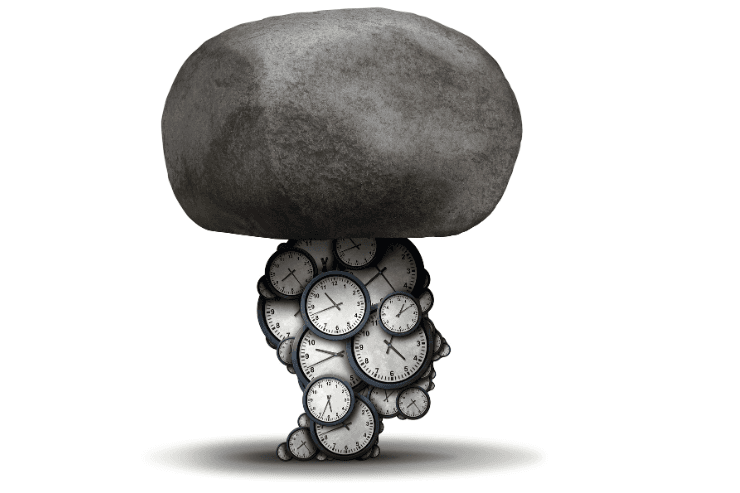
Although everyday life bombards us with various situations that can trigger stress, the way each of us processes and responds to these stimuli is inherently personal. In fact, it's as unique as our fingerprint. By delving deep into understanding our individual responses, we not only cultivate an introspective perspective but also adapt and personalize tools that resonate with our being and our circumstances. Here are the different types of individual stress responses:
Physiological responses: These are the immediate physical reactions to stress. This can include an increased heart rate, rapid breathing, muscle tension, and the release of hormones like cortisol. Some people might notice these responses more intensely than others.
Emotional responses: These are the affective reactions we experience, such as anxiety, irritability, sadness, or even euphoria in the case of eustress. While one person might feel overwhelmed and anxious, another could feel motivated and energized by the same stressful situation.
Behavioral responses: These are the actions we take in response to stress. Some might withdraw and avoid situations, while others might confront or actively seek solutions. This also encompasses habits like overeating or undereating, insomnia or oversleeping.
Cognitive responses: These pertain to our thought patterns in response to stress. These can include constant worrying, rumination, or negative thinking. Some people might be more prone to envision catastrophic scenarios, while others might have a more balanced or even optimistic view.
Once we have broken down and understood our individual responses to stress, the natural next step is to address them. However, there are no one-size-fits-all solutions. Each response, whether physiological, emotional, behavioral, or cognitive, has its own set of strategies for handling. Recognizing our particular reactions to stressful situations is of utmost importance, as it provides the foundation for selecting the right tools that will allow us to effect meaningful changes. It's not just about reacting to stress but acting proactively and personally to turn this potential enemy into an invaluable ally. Next, we will explore specific strategies for each type of response, allowing us not only to face stress but to harness it to our advantage.
20 stress management strategies according to individual responses

Physiological responses:
Deep and controlled breathing: Focusing on breathing slowly and deeply can reduce the "fight or flight" response and calm the nervous system.
Regular exercise: Physical activity can help metabolize excess cortisol and adrenaline, releasing endorphins that act as natural painkillers.
Relaxation techniques: Yoga, meditation, and visualization are powerful tools that can reduce physical responses to stress.
Therapeutic massages: They relieve muscle tension and can have a calming effect on the nervous system.
Adequate sleep: A good night's rest helps the body and mind recover, reducing the physiological stress response the following day.
Emotional responses:
Recognition and labeling: Recognizing and naming emotions can be the first step in managing them.
Developing a support system: Talking to friends, family, or a professional can provide an escape route and perspective.
Mindfulness techniques: Being present and focusing on the current moment can reduce the intensity of emotional responses.
Self-compassion techniques: Being kind to yourself and remembering it's okay to ask for help when needed.
Music and art: Sometimes, listening to relaxing music or immersing oneself in artistic activities can help channel and release emotions.
Behavioral responses:
Scheduling and organization: Setting routines and structures can help reduce the feeling of chaos that can trigger stress.
Avoid procrastination: Address tasks head-on and break them into manageable steps.
Time for oneself: Dedicate time for enjoyable activities or hobbies. This can act as a decompressor and provide a sense of accomplishment.
"Take a breather" technique: When you feel overwhelmed, take a moment to step away, breathe, and return when you feel more calm.
Set boundaries: Learning to say "no" and protecting your time and energy is crucial to prevent burnout.
Cognitive responses:
Cognitive reframing: Change the perception of a stressful situation and view it from a different perspective.
Develop problem-solving skills: Addressing a problem with a structured plan can reduce the overwhelming feeling.
Limit exposure to negative stimuli: Reduce the consumption of news or information that may increase the feeling of stress or anxiety.
Reflective diary: Writing down your thoughts and concerns can provide clarity and help you identify negative thought patterns.
Education: Understanding the causes and effects of stress through reading and research can give you a sense of control.
Stress, in its essence, is a natural reaction of the body and mind to challenges and environmental demands. However, how we face and manage it can vary greatly from one person to another. The strategies presented here are just the beginning, a starting point. I encourage you to explore, adapt, and most importantly, seek those that best fit your personality and needs. If you ever feel that you need more personalized guidance, or simply need to talk to someone, we are here to help. Therapy can offer a deeper and more individualized level of support, helping you understand and manage your stress from its roots. And remember, we offer a free consultation to take the first step on your path to well-being. Never forget that self-care is essential for your health, and every step, no matter how small, is progress towards a more balanced and healthy life.
Stress Metaphor
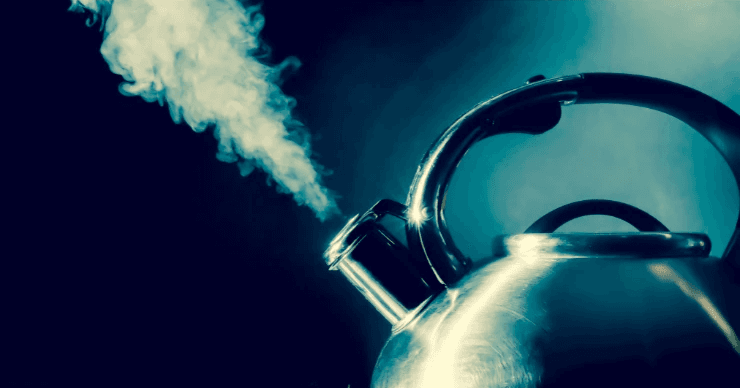
Imagine a kettle on the stove, filled with water. As the water temperature starts to rise, the kettle begins to make a soft noise and then, as the heat increases, it starts to whistle loudly. If we don't remove the kettle from the heat or turn down the temperature, it might boil over or even get damaged.
In the same way, our body and mind have a limit to how much stress they can handle. At first, we might feel slight discomfort or anxiety (the soft noise of the kettle). If we don't pay attention and don't take steps to handle it, the stress can increase, leading to more severe symptoms such as insomnia, irritability, fatigue, among others (the loud whistle of the kettle). If we keep ignoring the signs and don't seek ways to relieve the pressure, we might end up having more serious health issues (the kettle boiling over or getting damaged).
Just as reducing the heat or removing the kettle from the stove prevents it from boiling over, adopting stress management strategies can help us maintain a balance and prevent more severe problems in our physical and emotional health.
Explore more articles
A mindful approach. Strengthen your personal relationships
Love
Relationships
Healthy
Read Article
Therapeutic tools to efeffectively address and resolve unforeseen challenges and problems.
Resolution
Strategies
Read Article
Acceptance and Commitment Therapy to cultivate self-love.
Self-Love
Acceptance
Commitment
Read Article

